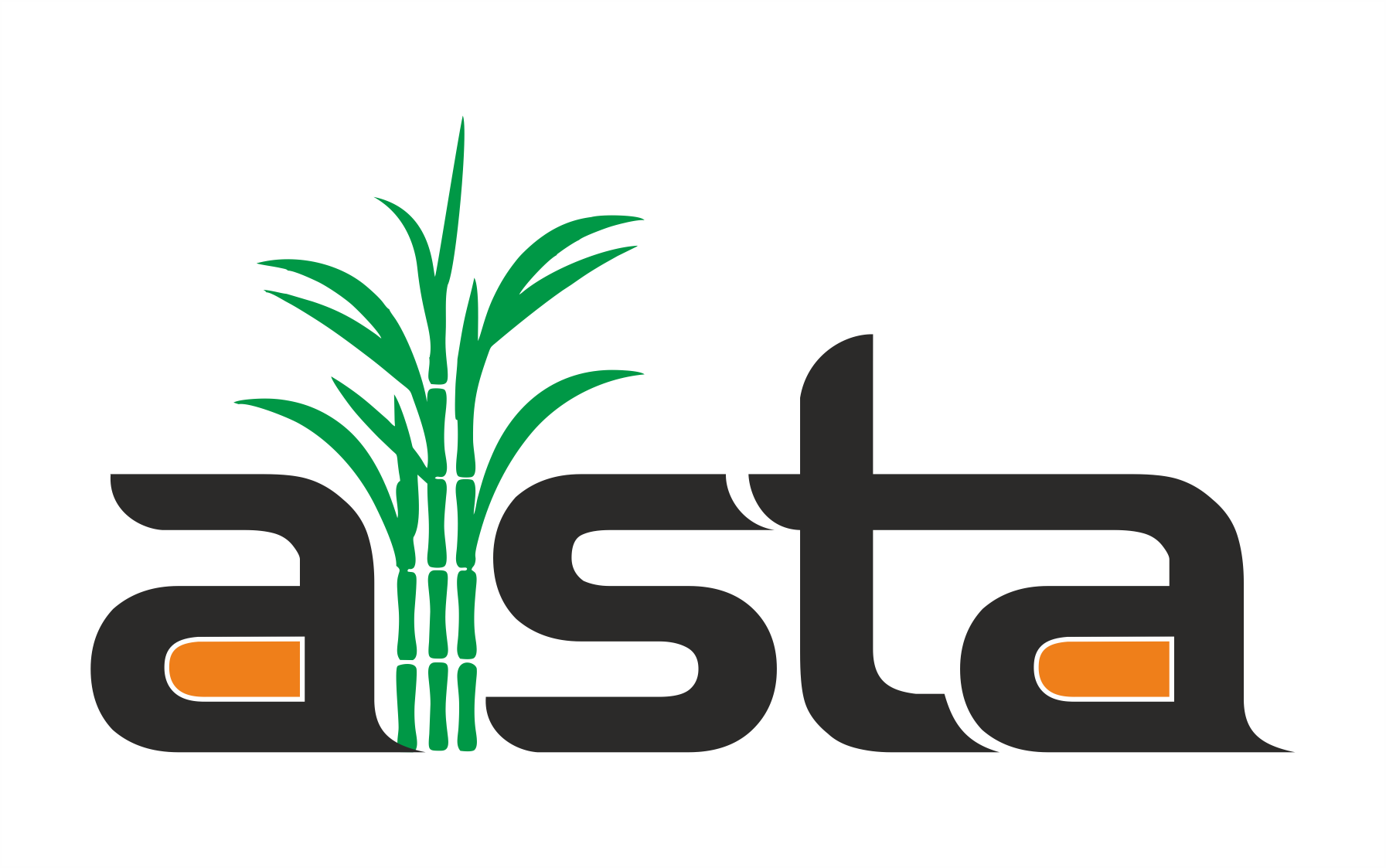Why UK exporters are set for a sugar rush
The UK’s sugar beet industry is looking to ramp up production, as European Union quotas come to an end this week after nearly 50 years.
For the first time since 1968 the UK can produce and sell as much sugar around the world as it would like.
The end of the quota also means that French, German and other EU producers can sell more sugar into the UK.
Experts predict that could result in lower prices – but the British industry is confident it can compete.
What will the sugar changes mean?
Two years ago Paul Kenward, the boss of British Sugar, had a problem.
Under the EU’s quota he was only allowed to sell 1.056 million tonnes of sugar beet, but it had been a particularly bumper harvest and he’d produced more than 1.4 million tonnes.
“Customers wanted to buy from me, but I wasn’t allowed by European Union rules to sell it,” Mr Kenward tells the BBC. “We had to store it for two years – that was very expensive.”
From this weekend, those limits will come to an end after years of lobbying by the UK government.
The 3,500 British farmers that grow beet – which looks like a big turnip – and British Sugar, which is the main processor of British-grown beet, see the change as a huge opportunity.
British Sugar – which also makes Silver Spoon sugar – plans to step up production immediately and is looking to sell 1.4 million tonnes next year, up from 900,000 this year.
It’s also planning to export sugar to the world market for the first time in at least a decade.
“The UK is one of the most efficient producers worldwide,” says Jane Clark, who farms sugar beet in Lincolnshire. “It should put us in a good place to be competitive.”
The changes are not linked to Brexit – and the industry is hopeful it will still be able to compete after the UK leaves the EU.
Britain’s other big sugar producer, Tate & Lyle Sugars, processes sugar cane, and so is not directly affected by the changes.
Source: BBC News Published on 27/09/2017

